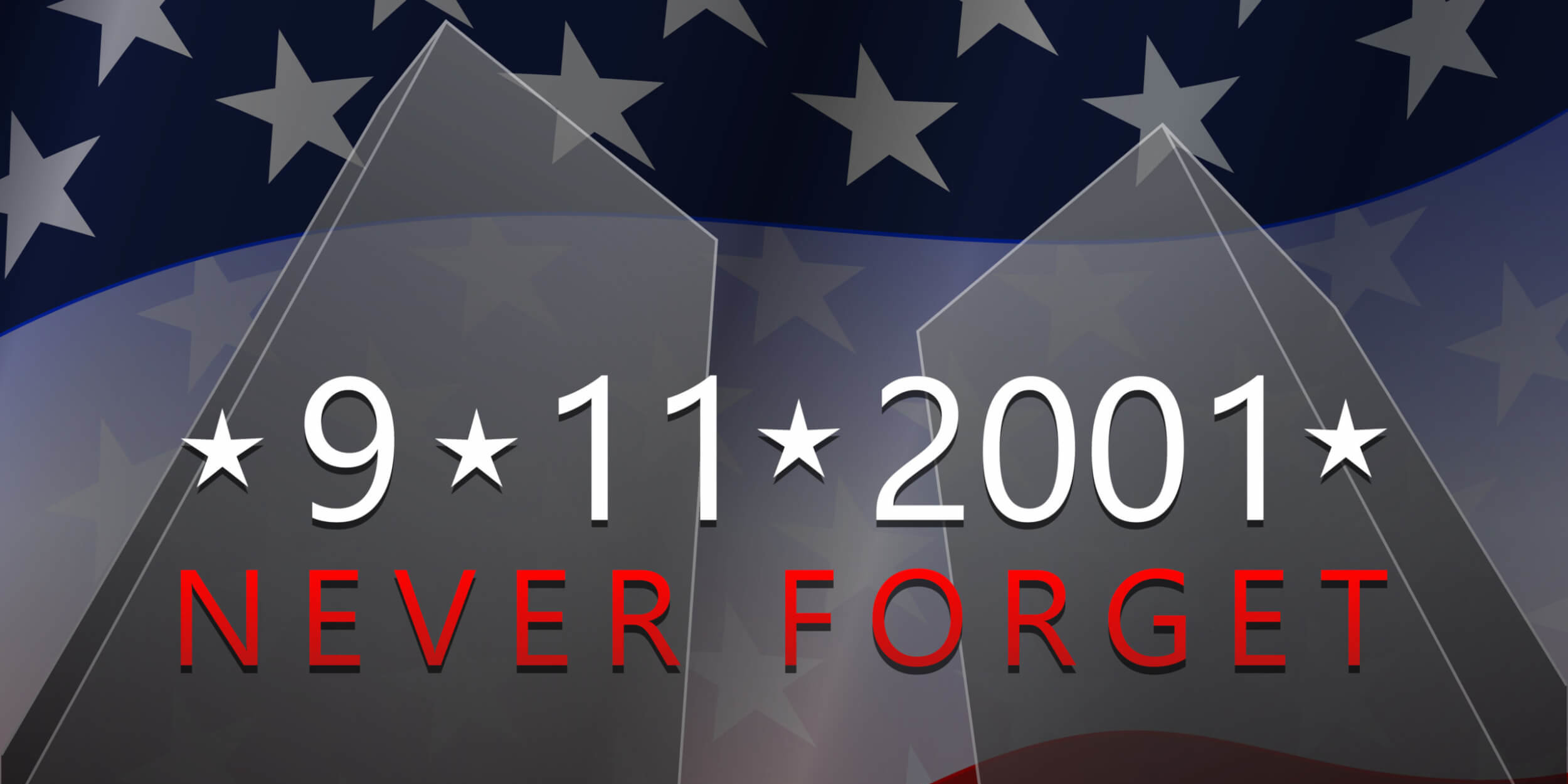This past weekend marked the anniversary of the 9/11 attacks on the United States. Many families at CA have some connection to 9/11, either through their own personal experiences and relationships, or through military service. Troops may have been withdrawn from Afghanistan, but the threat of terrorism is far from over. In fact, law enforcement agencies have raised alarms about renewed domestic terrorism from extremist groups. More than 20 years later, we are able to have greater perspective on the 9/11 attacks and America’s response to radical Islamic terrorism.
The U.S. spent nearly $8 trillion during 20 years of war. As one study reveals, “Of those killed, 387,000 are categorized as civilians, 207,000 as members of national military and police forces, and a further 301,000 as opposition fighters killed by U.S.-led coalition troops and their allies.” The report also found that around “15,000 U.S. military service members and contractors were killed in the war, along with a similar number of allied Western troops deployed to the conflicts and several hundred journalists and humanitarian aid workers.” American service men and women, as well as their families, made tremendous sacrifices while serving honorably and professionally.
Lessons in leadership
As the journalist Thomas Ricks has noted, the wars with Afghanistan and Iraq would have gone differently had General George Marshall been in charge. Marshall was Chief of Staff during WWII. He was a brilliant thinker, but particularly gifted in finding talent and holding people accountable. If a general wasn’t doing their job or failed, they were fired. The “Marshall System,” as Ricks calls it, broke down shortly after WWII and was pretty much non-existent by the Global War on Terror. Accountability suffered in other government agencies. After 9/11, not one senior official was fired for clear intelligence and national security breakdowns. Compare that to the action by the Roosevelt Administration that included the firing of admirals in charge of Pearl Harbor and the immediate creation of a commission to examine what went wrong. There was a 9/11 Commission, but the Bush Administration very reluctantly looked into the causation of that terrible event. And, the high-level political, military, and diplomatic leaders of four administrations have largely avoided any type of accountability for wars that caused regional instability and have led to the Taliban re-taking Afghanistan. These are fascinating lessons in leadership.
I want to be crystal clear, there should be no blame placed upon our service men and women who served during this period. They didn’t create the strategy. They and their families have paid a steep price, and they deserve our support. In 2021, research found that more than 30,000 active-duty personnel and veterans who served in the military after 9/11 have died by suicide—compared to the 7,057 service members killed in combat in those same 20 years. That makes military suicide rates four times higher than deaths that occurred during military operations.
Learn more
Here are some resources I would like to share. I assign these to my War on Terror students, and they would be instructive for those who want to learn more about 9/11 and the GWOT—the Global War on Terrorism.
- Lawrence Wright’s The Looming Tower is one of the best views of Osama Bin Laden and the 9/11 plot.
- The Black Banners by former FBI special agent Ali Soufan, who was instrumental in interrogating al Qaeda suspects, takes a critical look at the enhanced interrogation program which undermined America’s image.
- Fall and Rise: The Story of 9/11 by Mitchell Zuckoff gives detailed insight into the events and actions of people during that fateful day.
- Peter Bergen’s The Longest War offers an overview of the wars in Iraq and Afghanistan.
- Thomas Ricks’s Fiasco offers deep insights into the invasion and occupation of Iraq.
- Sebastian Junger’s War is, I think, one of the best books for a civilian to get insight into what a soldier experienced in Afghanistan.
I hope you can take some time to learn more about this historic event and its dramatic impact on world history.
